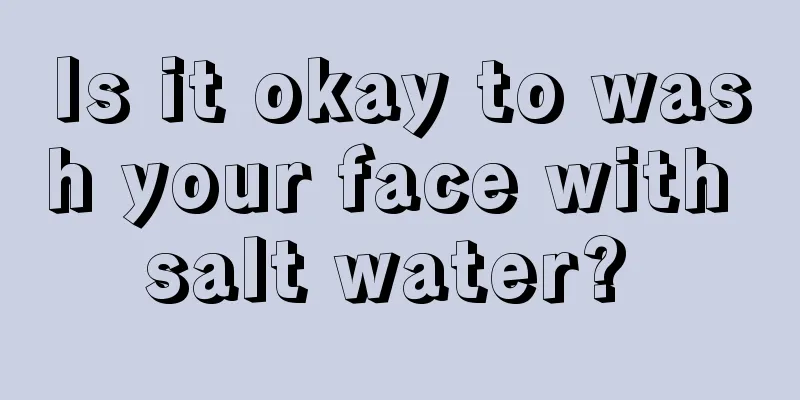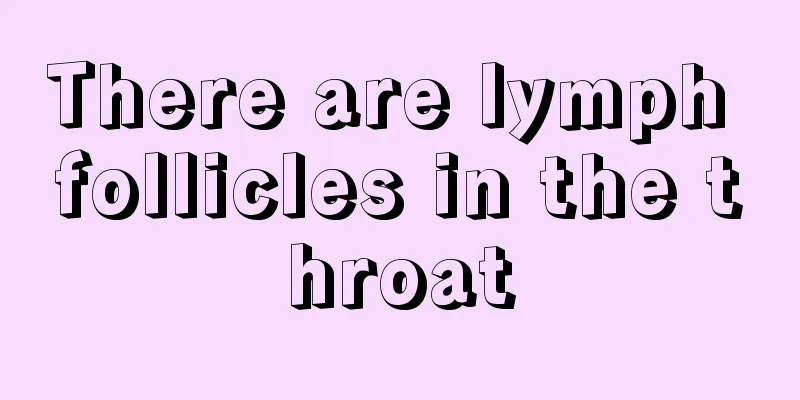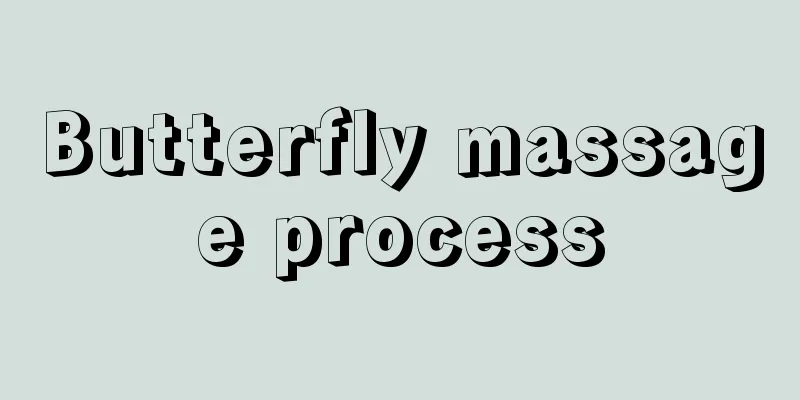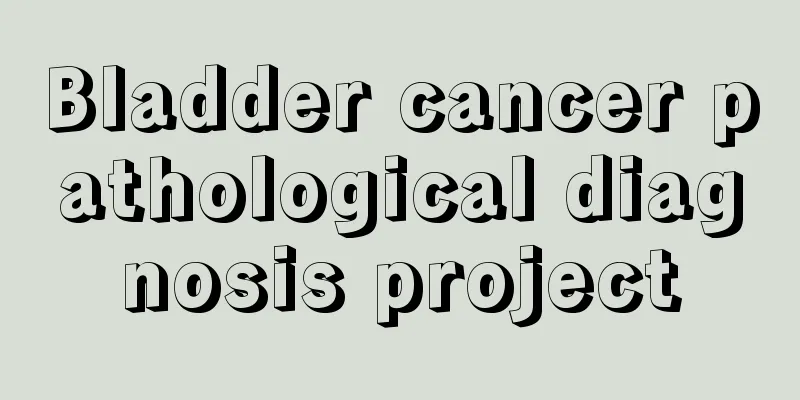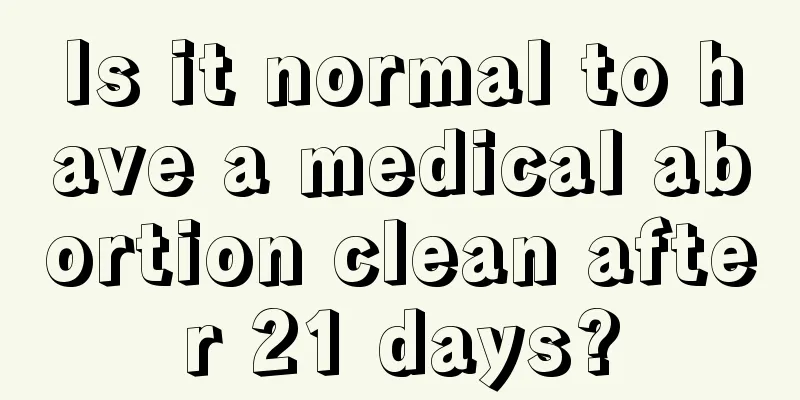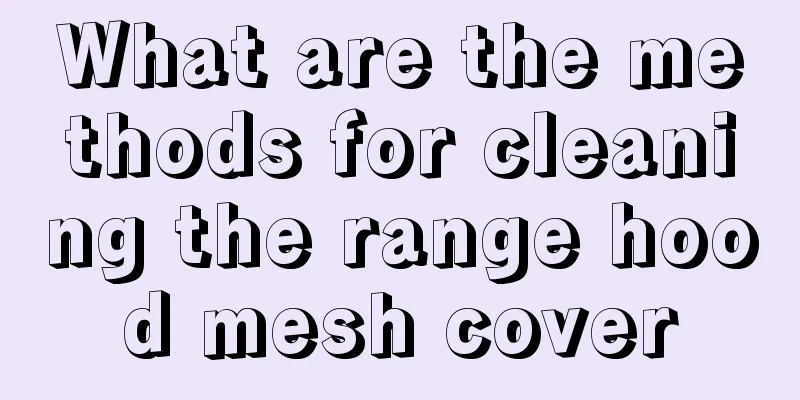What to do if you have a dental cyst? Radical treatment of dental cyst
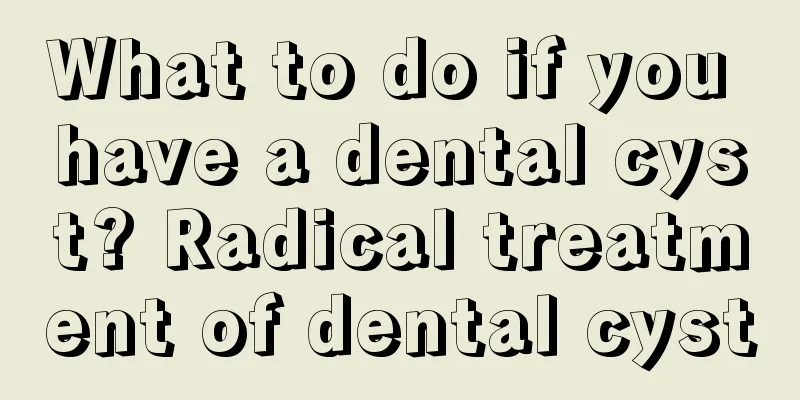
|
At present, more and more people have problems with their teeth, which is actually inseparable from their daily eating habits. Many times, if people do not pay attention to food hygiene, bacteria will appear in their mouths. If this continues for a long time, it is likely to cause lesions in the teeth. The most common dental disease is dental cyst. If you are diagnosed with this disease, you must actively go to the hospital for treatment. Only early treatment can lead to earlier recovery. Otherwise, you may develop gingivitis or even periodontitis and other very difficult to treat diseases. Once the diagnosis is confirmed, surgical treatment should be performed promptly to avoid further displacement of adjacent teeth and occlusal disorder. Surgery is usually performed from inside the mouth. If accompanied by infection, antibiotics or other antibacterial drugs must be used to control the inflammation before surgical treatment. X-rays should be taken before surgery to clarify the extent of the cyst and its relationship to adjacent tissues. After the operation, the cyst cavity was flushed with antibiotic solution. During maxillary sinus radical surgery, a window should be opened in the surgical cavity to connect to the inferior nasal meatus when the cyst is removed to facilitate drainage, especially in patients with infection. Smaller cysts do not require opening. After surgery for larger cysts, the incisions are sutured layer by layer according to the anatomical levels. Patients should receive postoperative antibacterial and anti-inflammatory treatment, and larger cysts should be given supportive treatment after surgery. The treatment plan for patients with other comorbidities will be adjusted according to their specific circumstances after surgery. After the operation, the patient should keep the oral cavity clean and gargle with compound borax solution or Yashi mouthwash several times a day. Patients with poor health or those undergoing maxillary sinus surgery should increase their nutritional intake while receiving auxiliary drug treatment after surgery to facilitate a speedy recovery. Patients undergoing maxillary sinusectomy with nasal drainage should undergo sterile irrigation if they have an infection, and pay attention to blockage of the drainage port. The principle of treatment is cyst curettage. Both upper and lower jaw cysts can be operated on intraorally. In addition to removing the cyst wall, the surgery also requires extraction of the affected teeth contained in the cyst. However, for children with dentigerous cysts during the eruption period, when it is estimated that the affected tooth may erupt to the normal position, the cyst cavity can be opened, the upper cyst wall can be removed, the affected tooth can be retained and allowed to erupt naturally, and the space between the teeth above it can be maintained with a retainer to facilitate its normal eruption. |
<<: How to treat eczema during pregnancy?
>>: Can I take ceftriaxone after drinking alcohol? This is the consequence!
Recommend
Can I get cervical cancer at the age of 18?
The chances of developing cervical cancer at the ...
What are the common early symptoms of lung cancer? The three common early symptoms of lung cancer
With the pollution of the atmospheric environment...
What are the ways to prevent testicular cancer?
What methods are there to prevent testicular canc...
What is Penang Lang
Betel nut is known as natural chewing gum. It is ...
What should you pay attention to in your diet for nasopharyngeal cancer
What should I eat for nasopharyngeal cancer? What...
How to prevent pancreatic cancer
What are the prevention methods for pancreatic ca...
How long after a meal can I take medicine
There are many things to pay attention to when ta...
Baking soda for brushing teeth
Teeth are a part of our body that many of us pay ...
The role and efficacy of coenzyme a
Coenzyme A is an enzyme and a synthetic substance...
What is the function of medical multi-enzyme cleaning agent
Detergents are actually widely used in our daily ...
Is the anti-gastric cancer drug effective?
Gastric cancer is common in life, and many people...
What diseases may be complicated by bladder cancer? How to diagnose bladder cancer
Bladder cancer has become a common malignant tumo...
How to wash medicine stains off clothes
In daily life, we often encounter situations wher...
Symptoms and clinical classification of early colorectal cancer
With the improvement of living standards, people&...
Are smoking cessation patches harmful to the body?
Modern people are under a lot of pressure, and ma...
